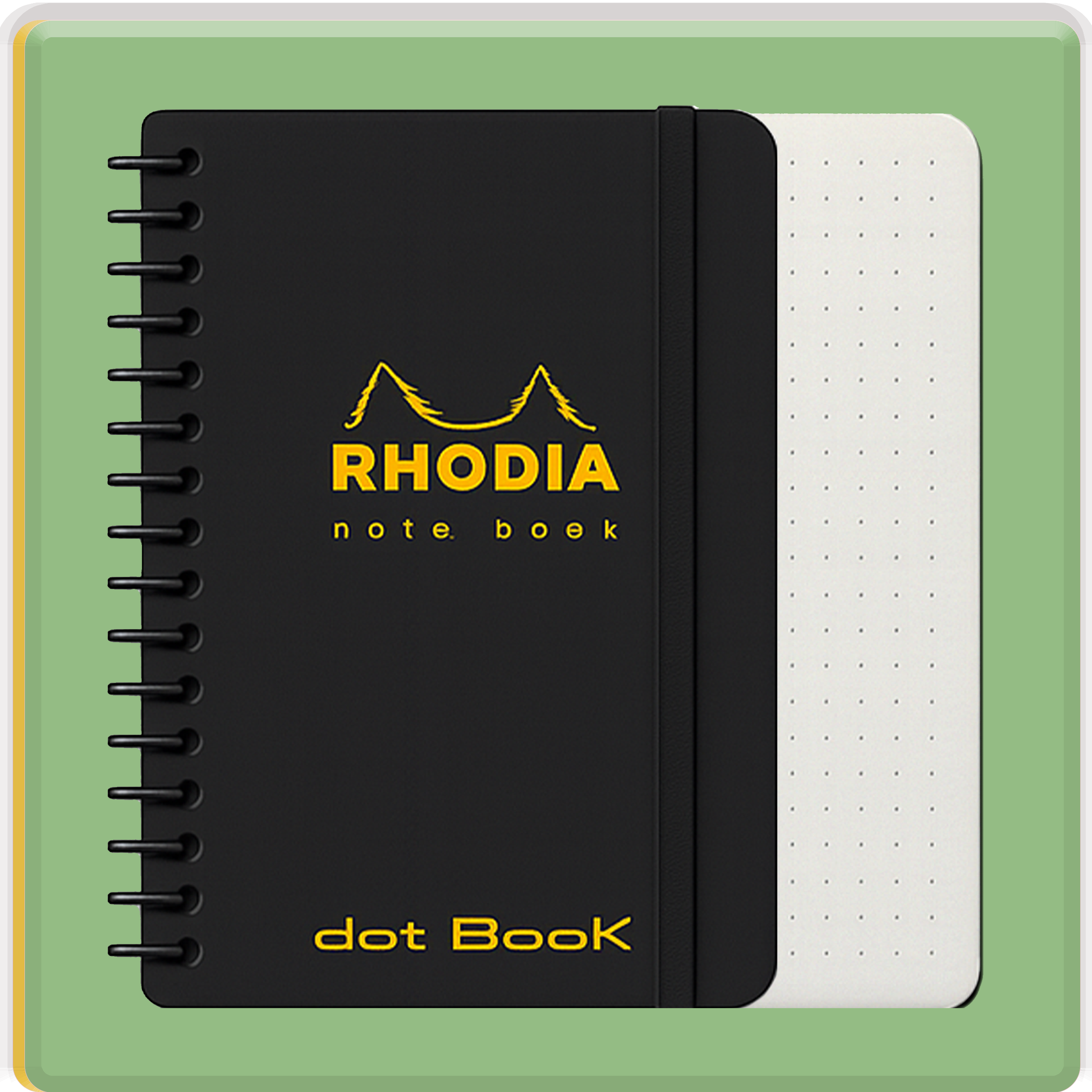Introduction
You've probably heard the old saying, "a problem shared is a problem halved." Well, the same goes for our thoughts. The more we write them down, the more we can understand them and work through them.
For a long time, I struggled to find a way to deal with my mental health. I felt like I was constantly at war with myself, and I didn't know how to make it stop. It wasn't until I started writing in a journal that I was finally able to make some headway.
If you're feeling lost, or like you can't seem to shake that negative voice in your head, then I encourage you to start writing in a journal. It might not be easy at first, but it's definitely worth it. Trust me.
What Writing a Journal Has Taught Me?
The best thing about writing a journal is that it's taught you a great deal about yourself. You've learned about your likes and dislikes, your strengths and weaknesses, and your tendencies and habits. But most importantly, you've learned about your thoughts and feelings.
When you write in a journal, you're essentially giving yourself a safe space to express your innermost thoughts and feelings. You're free to write whatever you want, without judgment or fear of repercussion. This allows you to be completely honest with yourself, and to confront the darker parts of your psyche that you might normally keep hidden.
In time, you've come to understand yourself better than ever before. You know what makes you happy and what stresses you out. You know which people are good for you and which ones aren't. Writing in a journal has helped to unearth all of this information, and it's been instrumental in helping you live a happier and healthier life.
Benefits of Keeping a Journal
There are countless benefits to keeping a journal. For one, it can help you unravel your innermost thoughts. When you write out your thoughts and feelings, you're able to look at them from a different perspective. You can also identify patterns and triggers that may be causing emotional distress.
Journaling can also help improve your mental health. It can be a form of self-care, and it can help you deal with difficult emotions like sadness, anger and anxiety. Journaling can also improve your cognitive function, memory and creativity.
And finally, journaling is a great way to document your life. You can look back on your entries and see how you've changed over the years. You can also see the progress you've made on your goals and dreams.
When You Should Keep a Journal?
When should you start journaling? The short answer is, whenever you feel like it. There's no wrong time to start, and there's no set frequency that you need to follow. Some people journal every day, while others only journal once a week or once a month.
The important thing is that writing in a journal is a personal experience, and it should always be something that you enjoy doing. Don't feel like you have to force yourself to write if you're not in the mood. Just relax and let your thoughts flow freely.
And if you ever feel stuck, don't be afraid to flip back through your old entries for inspiration.
How to Start Writing in Your Journal?
Now that you know some of the benefits of journaling, you might be wondering how to get started. And that's a valid question—after all, it can be daunting to stare at a blank page (or screen) and try to figure out what to say.
Here are a few tips to get you started:
- Set aside some time: You don't need to write in your journal every day, but it can be helpful to set aside some dedicated time each week to sit down and write. This could be first thing in the morning, before bed, or during your lunch break.
- Keep it simple: There's no need to worry about grammar or punctuation—just let your thoughts flow out onto the page.
- Write about anything and everything: Your journal is for you and you alone, so there are no rules about what you should or shouldn't write about. Let your thoughts lead the way.
- Be honest with yourself: This is your chance to be completely honest and open, so don't hold back. Write about the things that are really on your mind, even if they're difficult to think (or write) about.
Tips for Developing an Effective Writing Routine
One of the most important things you can do if you want to journal effectively is to develop a writing routine that works for you. And that might take some trial and error.
Here are a few things to keep in mind as you find your groove:
- Set aside some time each day (or each week, if that's more realistic) to write in your journal. Put it on your calendar so you don't forget.
- Find a quiet place where you can write undisturbed. This might be at home, in a coffee shop, or in a park.
- Get comfortable. Find a position that feels good for you—whether that's sitting at a desk, sprawled out on the floor, or curled up in a cosy chair.
- Set the mood. If you want, light a candle, put on some soothing music, or do whatever else will help you relax and get into the right headspace for writing.
Conclusion
If you're feeling up to it, writing in a journal can be a great way to process your thoughts and feelings. It can be especially helpful if you're struggling to make sense of something, or if you're feeling overwhelmed.
Journaling can also be a good way to keep track of your progress, both in terms of your mental health and your goals. It can be a source of inspiration and motivation, and it can remind you of your accomplishments.
Overall, journaling can be a powerful tool for self-reflection and self-care. If you're interested in giving it a try, don't hesitate—the benefits are worth it.








